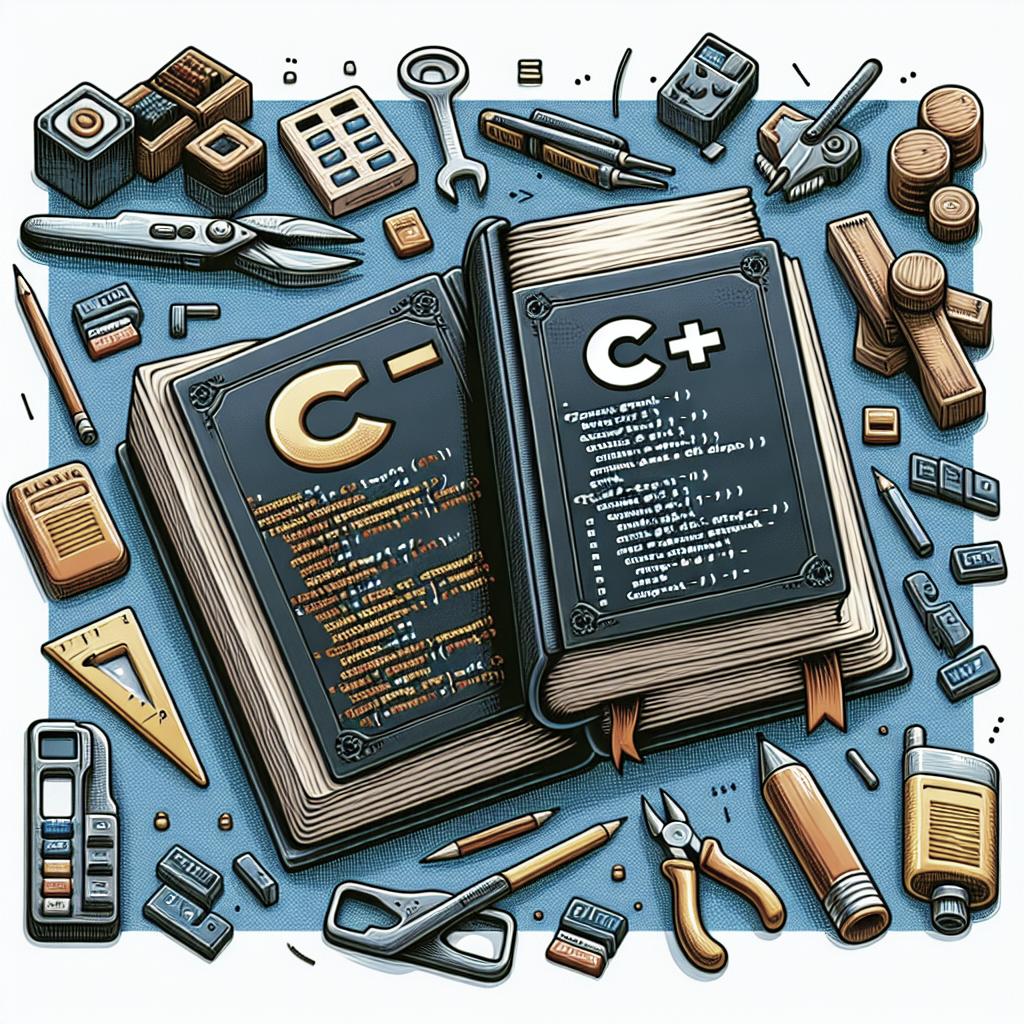html
How Many Skills Should I List on My Resume?
Crafting a compelling resume often requires a strategic selection of skills that best encapsulate your professional aptitudes. This blog post explores the significance of skills on a resume, the diversity across industries, and how you can effectively showcase your capabilities. Whether you belong to technology, finance, healthcare, engineering, or creative fields, understanding which skills to highlight can be pivotal in capturing the attention of potential employers. By leveraging must-have techniques and knowing the optimal number of skills to include, you can enhance your resume’s impact. Additionally, this article provides actionable tips to refine your resume for modern job applications.
Why Unique Skills for Resume Matter
Unique skills on a resume differentiate candidates in a competitive job market. In a world where many applicants may possess similar qualifications, distinctive skills can make you stand out to employers. Emphasizing these skills aligns you with the specific needs of a job description, showcasing your value proposition tailored to the company’s goals.
Moreover, unique skills contribute to your overall professional brand, indicating your strengths and areas of expertise. Remember that these skills should not just reflect capabilities but also demonstrate potential for growth and contribution to the prospective employer’s mission. A well-rounded set of unique skills can act as a magnet, capturing interest during initial screening processes.
Different types of skills in a resume based on industry or user role
Technology and IT
In the Technology and IT sector, skills such as programming languages (e.g., Python, Java) and tools (e.g., SQL, cloud services) are crucial. These skills not only show technical proficiency but also problem-solving abilities and adaptability to new technology trends.
A successful IT professional must also highlight soft skills, such as teamwork, communication, and project management, which are essential for working effectively in dynamic environments. Employers look for a blend of technical and interpersonal skills to ensure that candidates can thrive in collaborative settings.
Finance and Accounting
In finance and accounting, skills such as financial analysis, data interpretation, and understanding regulations are indispensable. Proficiency in software like Microsoft Excel, SAP, and QuickBooks often takes precedence, demonstrating your ability to manage complex financial data.
Additionally, soft skills like attention to detail, analytical thinking, and negotiation can greatly enhance your profile. Companies value individuals who can not only crunch numbers but also derive insights that drive strategic decision-making.
Healthcare and Medical
The healthcare industry demands a unique set of skills centered around patient care, medical knowledge, and empathy. Skills such as patient history documentation, diagnostic procedures, and familiarity with EMR/EHR systems are fundamental for healthcare practitioners.
Moreover, communication and teamwork skills play a vital role, particularly in patient interactions and interdisciplinary collaborations. Being able to convey complex medical information in an accessible manner is a highly sought-after skill.
Engineering
Engineering careers necessitate technical skills related to design, analysis, and problem-solving. Proficiency in tools such as AutoCAD, MATLAB, and SolidWorks is often mandatory for creating and understanding technical specifications.
Furthermore, project management, leadership, and innovation are essential soft skills for engineers seeking to advance in their careers. The ability to manage projects from inception through completion while fostering an innovative mindset can set candidates apart from the competition.
Creative and Design
Creative and design roles require a balance of artistic flair and technical proficiency. Skills in graphic design, digital media tools (e.g., Adobe Creative Suite), and UX/UI design are highly regarded.
Additionally, collaboration, creativity, and problem-solving skills are crucial. Creative professionals must be able to convey ideas visually while working with diverse teams, ensuring that visions align with client objectives and market trends.
Unique skills for resume
Your resume should feature a combination of technical, job-specific, and soft skills tailored to the role. Unique skills could include niche software proficiency, foreign language fluency, or specific certifications that are less common in your industry but highly valuable.
It’s vital to tailor the unique skills section to highlight abilities that align most closely with the job requirements. Always ensure that the skills you showcase complement the career narrative you intend to present through your experiences and achievements.
Don’t forget these musts in your resume!
While unique skills are instrumental, your resume should also cover foundational aspects such as contact information, professional summary, work experience, and education. These elements provide a comprehensive view of your career path.
Another essential must-have is a well-customized resume for each application. This ensures that your most relevant skills and experiences for a particular role are front and center, maximizing the resonance with employer expectations.
How to Effectively List Unique Skills for Resume
How many skills should I include on my resume?
The ideal number of skills to list on your resume depends on your career stage and the nature of the position. Generally, listing between 10-15 relevant skills is adequate, ensuring a good balance of breadth and specificity. For candidates with extensive experience, prioritizing the most impactful skills can be beneficial.
It’s crucial to prioritize quality over quantity, prioritizing skills that align with the job description. Connection of skills to real-world applications can also increase the resume’s credibility, providing measurable results or impacts for the hiring manager to consider.
Which is the exact number of skills to include?
Determining the exact number of skills to include involves evaluating the job requirements and customizing your resume accordingly. While no fixed number applies universally, focusing on relevance and clarity remains paramount.
For entry-level positions, a well-balanced roster of 8-12 skills may suffice, whereas senior roles may necessitate more specialized skills. Keeping the list meaningful and relevant to the specific opportunity helps ensure it resonates well with employers.
Some tips to have in mind.
When listing skills on your resume, consider ordering them by relevance and importance to reflect the job in question. Start with the most critical skills for the role to capture the attention of the hiring manager swiftly.
Additionally, incorporate keywords from the job posting into your list of skills to pass through Applicant Tracking Systems (ATS) effectively. Be authentic and precise, using action words and examples where possible to substantiate each skill and its impact on your professional achievements.
Summary of Main Points
| Section | Key Points |
|---|---|
| Why Unique Skills for Resume Matter | Differentiates you, aligns with company goals, showcases your brand. |
| Different types of skills in a resume based on industry or user role | Each industry values specific skills, blend technical and soft skills required. |
| Unique skills for resume | Highlight niche proficiencies relevant to job requirements. |
| Don’t forget these musts in your resume! | Include contact info, professional summary, and tailor for each application. |
| How to Effectively List Unique Skills for Resume | Balance number of skills and align with job description for impact. |
| Which is the exact number of skills to include? | Focus on relevance, clarity; number varies with career level. |
| Some tips to have in mind. | Order by importance, use ATS-friendly keywords, provide examples. |


